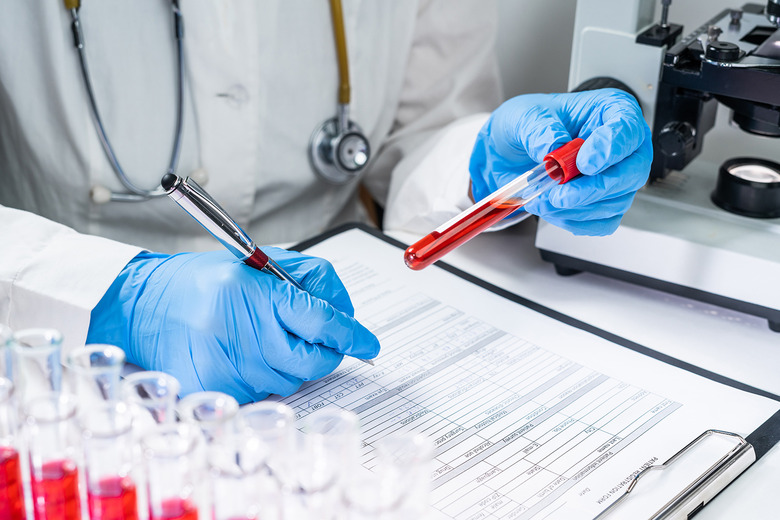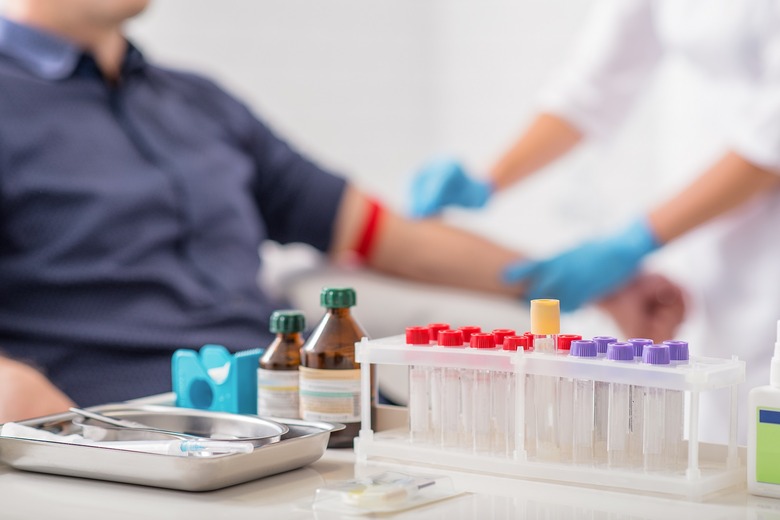Scientists May Have Discovered What Causes A Mysterious Space Phenomenon
For years, scientists have been trying to discover the cause of space anemia. We previously believed it was caused by gravity not pushing blood to the same spots in the body. However, a new study suggests it could be tied directly to an increase in the destruction of red blood cells once astronauts enter space.
The new study was published in a recent issue of Nature Medicine. According to the study, hemolysis appears to be the primary cause of space anemia. Hemolysis is when the body isn't producing the number of red blood cells it needs. While a problem, scientists believe they may have a way to fight back against it.
What is space anemia?
Essentially, space anemia isn't really any different than your standard cases of anemia found on Earth. Scientists say that when astronauts enter space their bodies begin to destroy more red blood cells than it did on Earth. This leads to an increase in the levels of iron serum in the blood, as there aren't enough cells to transport it correctly. Depending on how it affects the person, they may suffer from mild to more severe levels of anemia.
The most intriguing thing about space anemia, though, is that it isn't really an issue when you're in space. Because your body is weightless, it needs less energy and endurance to do things. However, once back on Earth, the astronauts begin feeling the effects of the increased iron in their blood, and the lack of red blood cells to transport it.
While grounded, the study found that astronauts produced and destroyed around 2 million red blood cells a second. While in space, though, the astronauts were destroying around 3 million red blood cells a second. As such, their bodies just couldn't keep up the production levels they needed.
How scientists want to stop it
While space anemia is a problem, scientists may have found a possible fix for it, too. Or, at the least, a way to slow down the effects it has on the body. Scientists want to change up the diet of the astronauts. They believe that this will allow the body to process more energy, and thus create more red blood cells. If they can even out the production and destruction of the red blood cells, the astronauts may not suffer from any type of space anemia at all upon returning to the planet.
Of course, there's probably still a long way to go before we have a solidified response to space anemia. However, if the findings of this study do prove to be the cause, we could be one step closer to making space safer for astronauts.


